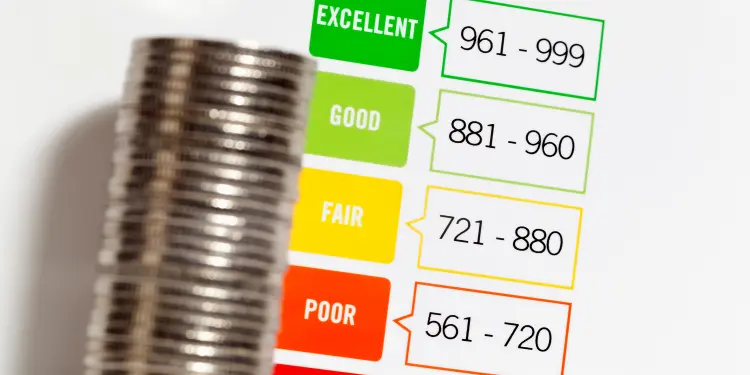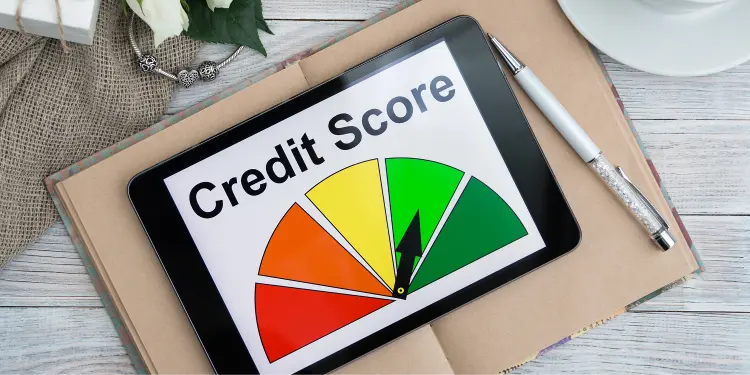A business loan can be a great way to help you grow your retail business. But getting a loan with bad credit can be difficult and stressful. That’s why it’s important to prepare yourself before applying for one.
In this guide, we’ll show you what steps to take so that you get the best deal in the marketplace and avoid unnecessary problems along the way.
Prepare to Apply for a Retail Business Store Loan
Before you begin to apply for a loan, it’s important to do some research on the lender and make sure they are reputable. You want to make sure that they will provide you with good service in terms of interest rates, repayment periods, and customer care.
A good way to check this is by looking at other reviews of their services online and also getting in touch with previous customers who have used them before to see if there were any problems or issues during their experience with that company.
This will tell you whether or not it is worth applying for a loan from them or not. Make sure that everything is clearly explained during this process so there are no misunderstandings later on down the line which could lead to having bad credit ratings due to late payments etcetera.
Improve Your Chances – Put Up Collateral
If you have bad credit and need a business loan, you’ll want to put up collateral. Collateral is the act of putting up an asset or property as security for the debt. Examples of assets that can be used as collateral include:
- Your house
- Your car
- Other valuable personal belongings (such as jewelry or art)
By putting up an asset as security for your loan, it serves two purposes: firstly, it reduces the risk for lenders; secondly, it increases their interest rate because they can be sure that they will get at least some of their money back if you don’t repay them on time.
Decide Why You Need Financing
Before you apply for a loan, ask yourself these questions:
- Do I have the skills and experience to make this business happen?
- Can I dedicate enough time and energy to my dream?
- Is there enough market demand for the product or service that I’m planning on selling to make it profitable?
If your answer is no to any of these questions, reconsider whether or not your idea is worth pursuing. If it is worth it, then start looking into getting financing. They’ll deposit money into your bank account and give you a loan, which you’ll repay.
Do you know? how to deposit a check in someone else’s account: Ask the bank for a deposit slip, and fill in the details!
Check Your Credit Score

Your credit score is a three-digit number based on the information in your credit report, including how much debt you owe and whether or not you pay your bills on time.
While lenders want to know about all of these factors, the most important one is how much outstanding debt you have compared to how much income you make.
Credit scores range from 300-850; a higher number means better financial habits overall. Business loan applicants who have a credit score of at least 530 can qualify for a loan, but having a higher credit score (680 and above) will award you with more favorable terms.
Compare Business Lending Options
Once you’ve narrowed down your options, it’s time to compare business lending options. To do this, you’ll want to consider all the following factors:
Interest rate and fees. This is the most important point on your list. Look for a lender that offers rates lower than those of other lenders in the same category—such as peer-to-peer lenders or credit unions—and compare their terms and fees as well.
The best business loan deals often offer low rates along with flexible terms, so look for a lender that offers both of these things in one package if possible!
Lender’s experience in your industry. If you’re applying for a small business loan or microloan specifically geared toward entrepreneurs like yourself, ask each potential lender how they’ve helped other businesses like yours succeed before making a final decision on who will provide funding for your venture’s future growth prospects!
Gather the Required Documents
There are a few things you’ll need to provide your lender with to be considered for financing. These documents include:
Bank Statements
You will need copies of bank statements that show how much money you have coming in and going out of your business. This should include checking accounts, savings accounts, and online payments.
Tax Returns
Lenders want a complete picture of the earnings of their applicants so they can get a good idea of how much profit they’re making at their current job—and if they’re likely to pay back any loans they take out from said lender!
What’s more, lenders may see an increase in income as an opportunity for repayment on any loans taken out by business owners who have steady jobs but low incomes due to being self-employed rather than employed by others (i.e., working full time).
Write a Clear Business Plan
It’s important to write a clear business plan before you apply for a loan. A business plan is like a roadmap for your business, and it should include the details of how you plan to use the money that you want to borrow. It helps lenders understand how they can expect their investment in your company to pay off.

Your business plan should be well-written, easy to understand, and updated regularly as needed. Here are some things that we recommend including:
- An overview of your business (who are your customers? what products or services do you provide?)
- Your goals and objectives (what do you hope to accomplish with this loan?)
- Financial projections (show what will happen if the goals are met)
You will also need to have a strong business plan. This should be written in plain language, rather than full of jargon and technical terminology. A strong plan should also include:
- A clear description of your business, including your mission statement and goals
- A description of your customers and target market
- A description of the competition you face in your industry (if any)
- Your marketing strategy
Types of Small Business Loans for Bad Credit
There are several types of small business loans for bad credit available. These include:
SBA Loans
The Small Business Administration guarantees these loans, which are often issued by banks or credit unions. They’re popular with first-time entrepreneurs because they go easier on credit scores than other types of business funding.
Merchant Cash Advances (MCAs)
MCAs are also known as “business cash advances,” this type of financing is similar to a personal loan but the money comes directly from your processor, not the bank or credit union where you’re applying for an MCA.
The processor will withdraw funds from your merchant account and deposit them into your checking account within 24 hours—no application is necessary!
Some merchant processors even offer instant approval online, making it an ideal option if you need fast access to working capital right away.
Business Credit Cards
If you’re looking for a quick and easy way to get the cash you need, consider applying for a business credit card. Business credit cards are designed specifically for small businesses and offer competitive interest rates, no annual fees, and flexible payment terms.
If your company is new, it’s important to remember that credit card companies will want proof of your ability to repay what they lend you—so make sure you can show them that your business is profitable before applying.
Conclusion on Getting a Retail Business Loan with Bad Credit

If you’re still wondering how you’ll ever get the capital you need to grow your retail business. The good news is that there are plenty of lenders out there willing to work with businesses like yours—you just have to know where to look for them.
We hope that you found this post helpful!